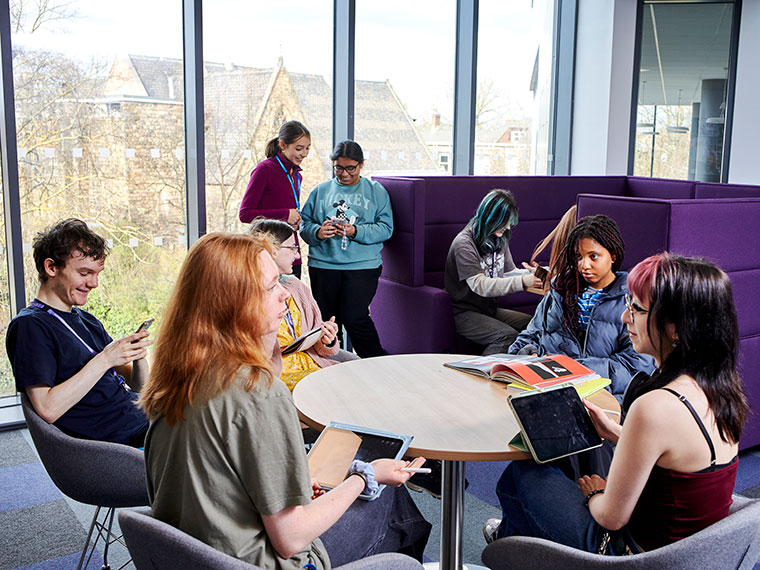
Mental Health Awareness Week: Building a Culture of Care in Higher Education
This Mental Health Awareness Week, we at RNN Group are taking a moment to spotlight something that underpins academic success, innovation, and community strength: Mental wellbeing.
Further and higher education is often viewed through the lens of achievement – grades, research, leadership, and career readiness. But behind every success story is a human being navigating complex emotional, social, and psychological challenges.
Why mental health is a priority for us
Uni life is a period of profound growth – but also of vulnerability. Students are balancing academic pressures with financial burdens, personal identity exploration, and increasingly, mental health struggles. Faculty and staff are equally affected, facing high expectations, workload demands, and evolving educational landscapes.
We believe that prioritising mental health is not just a moral obligation – it’s a strategic imperative for building a thriving, resilient academic community. We know that no student, educator, or staff member can reach their full potential without mental wellbeing.
The statistics speak clearly: Rates of anxiety, depression, burnout, and loneliness have risen sharply across education establishments, accelerated in part by global events, economic pressures, and social change.
We’ve seen that mental health challenges are not the exception – they are increasingly part of the uni experience. And this reality demands a proactive, compassionate response.

As GCSE Maths and English exams begin for our learner this week, here’s why we’re prioritising this work:
- Because wellbeing and academic success are deeply interconnected. When students feel mentally healthy, they are more likely to engage meaningfully in coursework, retain information, collaborate, and persist through challenges.
- Because stigma still prevents too many from seeking help. We want to create an environment where talking about mental health is not taboo – but normalised, encouraged, and supported at every level.
- Because staff and faculty are affected, too. Educators and administrators face immense pressures to meet expectations while supporting others, often without space to prioritise their own wellbeing. A healthy campus includes everyone.
- Because our commitment to equity includes mental health equity. Access to mental health resources is not uniform. Students from historically marginalised communities often face added barriers to care. We are working to ensure our services are inclusive, culturally competent, and accessible to all.
- Because resilience is a skill – but support is a system. We want our community to build resilience, yes – but not in isolation. That resilience should be scaffolded by institutional support, peer networks, and accessible resources.
Ultimately, we believe that a mentally healthy campus is a stronger, more innovative, and more compassionate one. Prioritising mental health isn’t a temporary trend – it’s a long-term investment in the future of education and society.
Health, care and wellbeing services at University Centre Rotherham
Long term commitment
We recognise that supporting mental health is not a one-week initiative. It’s about embedding compassion into the fabric of our institution.
A call to our broader network
To our alumni, partners, educators, and fellow institutions: We invite you to join us in normalising mental health conversations. Let’s create learning and working environments where people feel safe to be their whole selves – where asking for help is seen as strength, not weakness.
At RNN Group, we remain committed to fostering a campus culture where wellbeing and academic excellence go hand in hand.
Because when we invest in mental health, we invest in the future.





